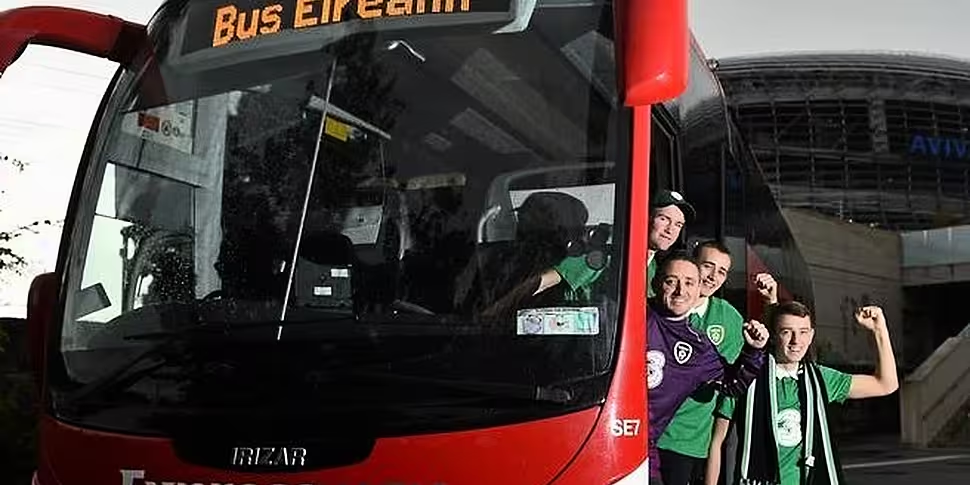On the list of issues likely to focus the collective mind of a government in an election year, particularly an administration in which Labour is a partner, a threatened public transport strike is likely to rank pretty high.
All the more so, given the issue in dispute is not of an immediate concrete nature such as one of pay rises or cuts, but based on the more abstract principle of competition and the impact on the quality and efficiency of consumer service sometime in the future.
The Government needs to maintain firm control of the handbrake here and not seek to park the vehicle somewhere in the trees until after the election, as it has already done, or is contemplating doing on more contentious issues ranging from water charges to property taxes.
It needs to hold firm for two principal reasons:
Firstly, the proposal to seek competing private sector offers to operate 10 percent of existing Dublin Bus and Bus Eireann route network, is the minimal required to evaluate whether the users of public transport services and the taxpayer subsidising them, are getting an efficient and well-operated service.
Secondly, if the government blinks on this one, what chance does it have of holding any sort of firm negotiation stance with teachers seeking full restoration of pay and shorter hours, and public servants generally looking for carte blanche restoration of pre-2008 pay and pension conditions.
This is not another chapter in the binary “private sector – good, public sector -bad” argument.
Privatisation of bus routes and other services did lead to a race to the bottom for consumer services and pay and conditions elsewhere, particularly in the UK. In some instances, private operators were allowed cherry-pick the most lucrative routes for political or ideological reasons, or were not subject to the same standards of regulation as should have applied.
We have surely learned from this experience, and the opening of just 10 percent of routes to possible competition opens the door to gradual and managed change, if that proves of benefit.
In this context, the National Transport Authority is offering the exact same bundle of routes to the existing operators as to potential competitors: no cherry picking there. The Authority will offer the same public subsidy and impose the same regulatory conditions on any private sector operator as currently applied to their publicly-owned counterparts.
Meanwhile, the Minister for Transport has made clear that if private sector operators were to win some of these routes, and if existing Dublin Bus or Bus Eireann employees need to transfer to these new operators, their pay, conditions and pension entitlements will be protected under TUPE regulations.
Finally, there is no reason why the existing operators cannot retain these services, particularly if their employees row in fully behind their tender offer. That would represent a more useful focus for their skills and energies than planned work stoppages from early May onwards. Keep that bus rolling.









